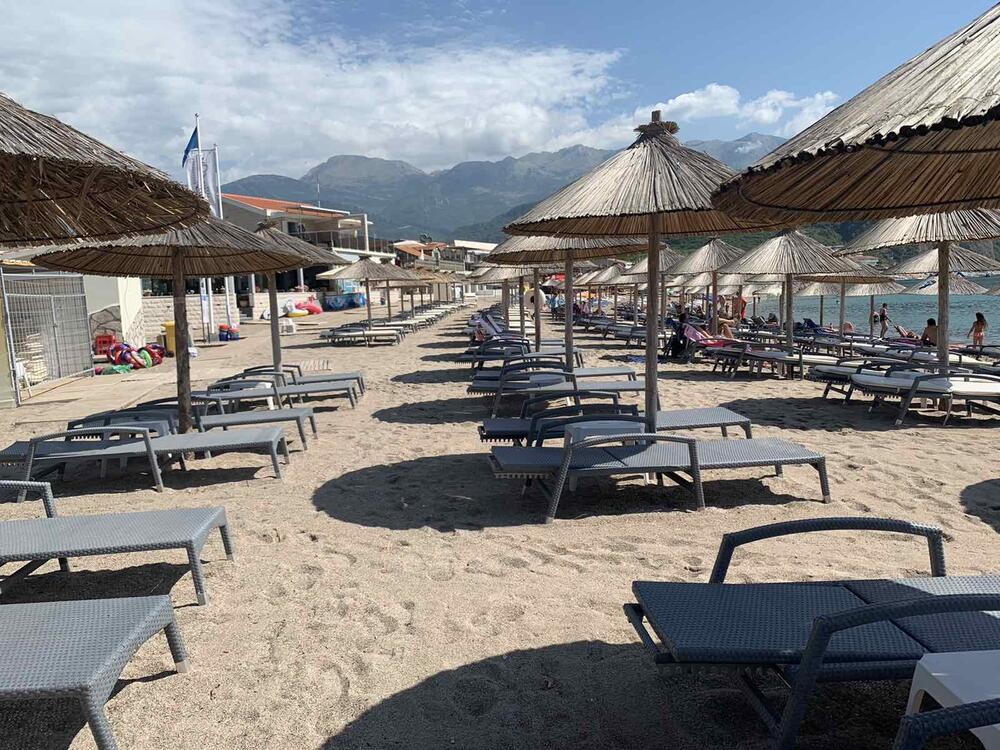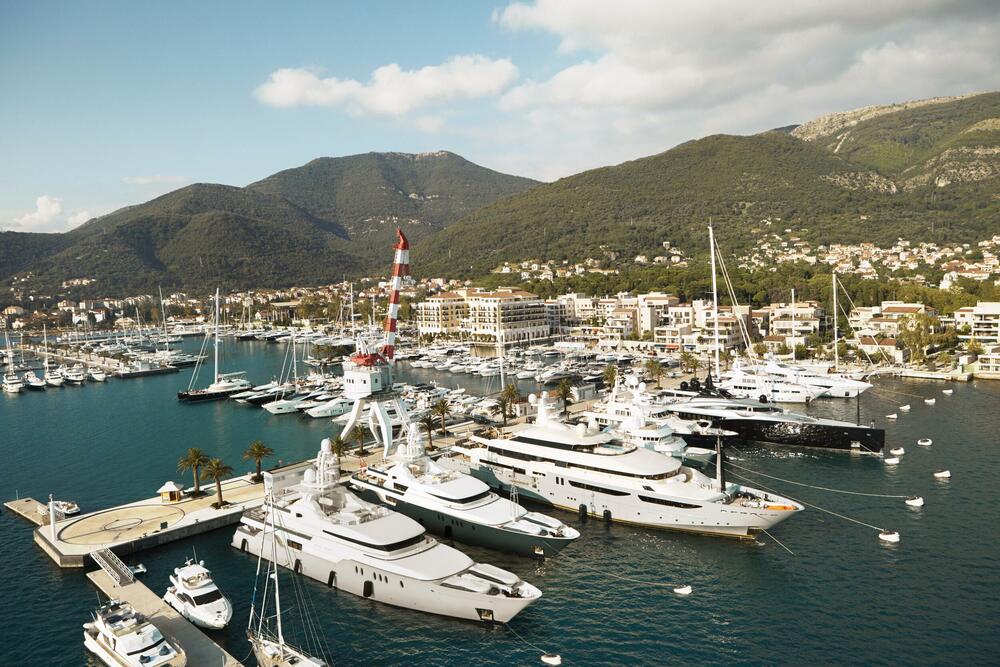Tourism
Tourism is one of the main pillars of Montenegro's economy. The country's stunning landscapes, historic sites, and warm hospitality have made it a popular destination for tourists from around the world. The tourism sector contributes significantly to the country's GDP and has created numerous job opportunities for the local population. Montenegro's tourism industry has contributed to cultural exchange and mutual understanding among different nations. This has helped to promote peace and stability, which are essential for economic development.

Agriculture
Agriculture is another important sector in Montenegro's economy. The country's fertile soil and favorable climate conditions make it ideal for farming. Montenegro produces a variety of crops, including grains, fruits, and vegetables, which are exported to various countries.
The government has some policies to support the agricultural sector. These include subsidies for farmers, training programs, and initiatives to promote organic farming.
Energy
Montenegro's energy sector has also played a crucial role in its economic growth. The country is rich in renewable energy resources, particularly hydro and solar power. By harnessing these resources, Montenegro has been able to reduce its dependence on imported energy and create a sustainable energy system.
Foreign Investments
Foreign investments have played a crucial role in Montenegro's economic development. The country's favorable business environment, strategic location, and attractive investment incentives have attracted investors from around the world. These investments have not only boosted Montenegro's economy but also facilitated technology transfer and job creation, contributing to global economic growth. Some of the most notable foreign investments are the highway between Podgorica and Kolasin, Porto montenegro luxury development in Tivat, and The Portons in Herceg Novi

Moreover, Montenegro's membership in the World Trade Organization and its ongoing negotiations for EU membership have further boosted investor confidence, despite periods of political instability.
As Montenegro continues its economic journey, it is expected to further increase its global economic footprint. With its focus on sustainable development and inclusive growth, the country is well-positioned to contribute to the global economy in the years to come.
Bonus video:





